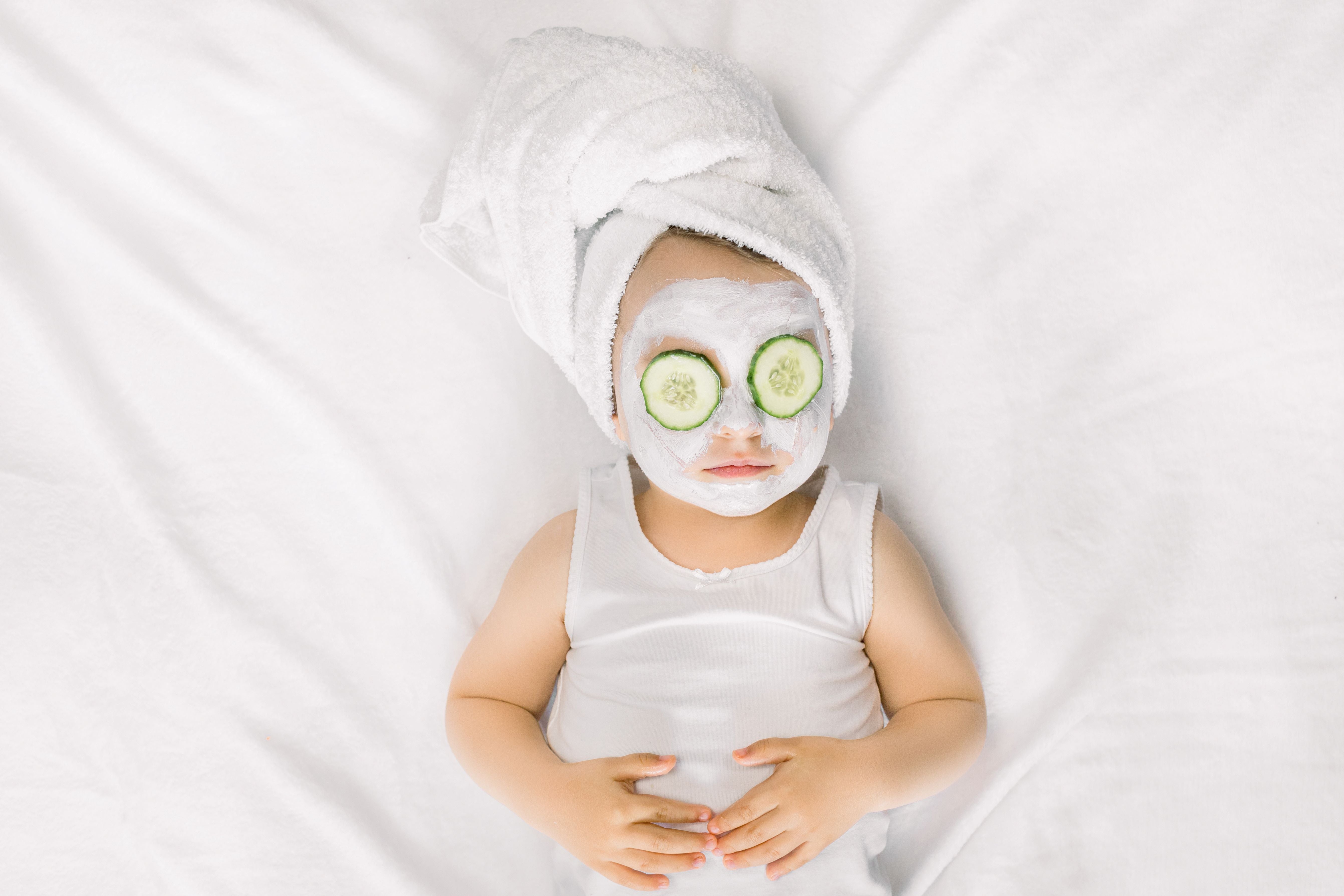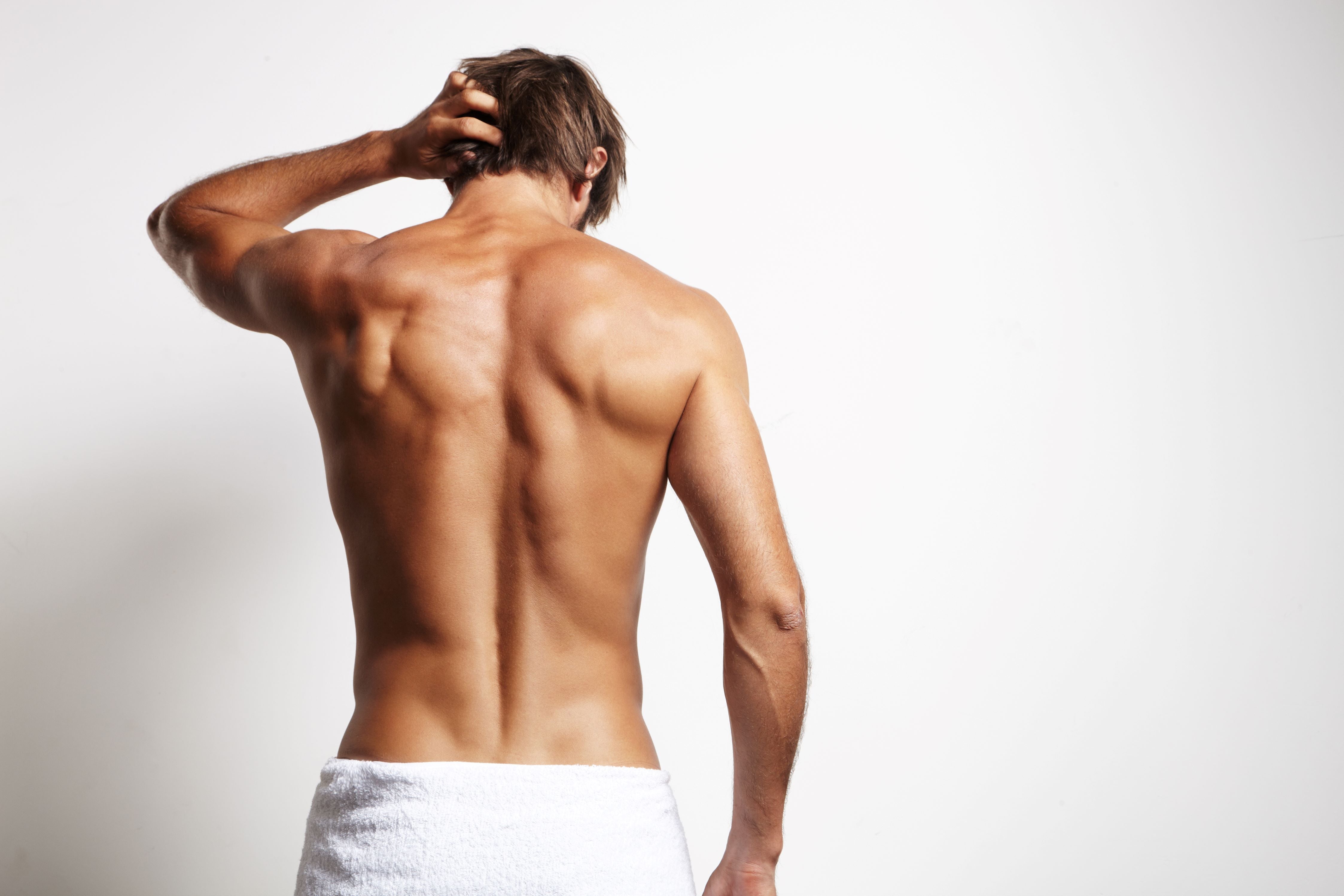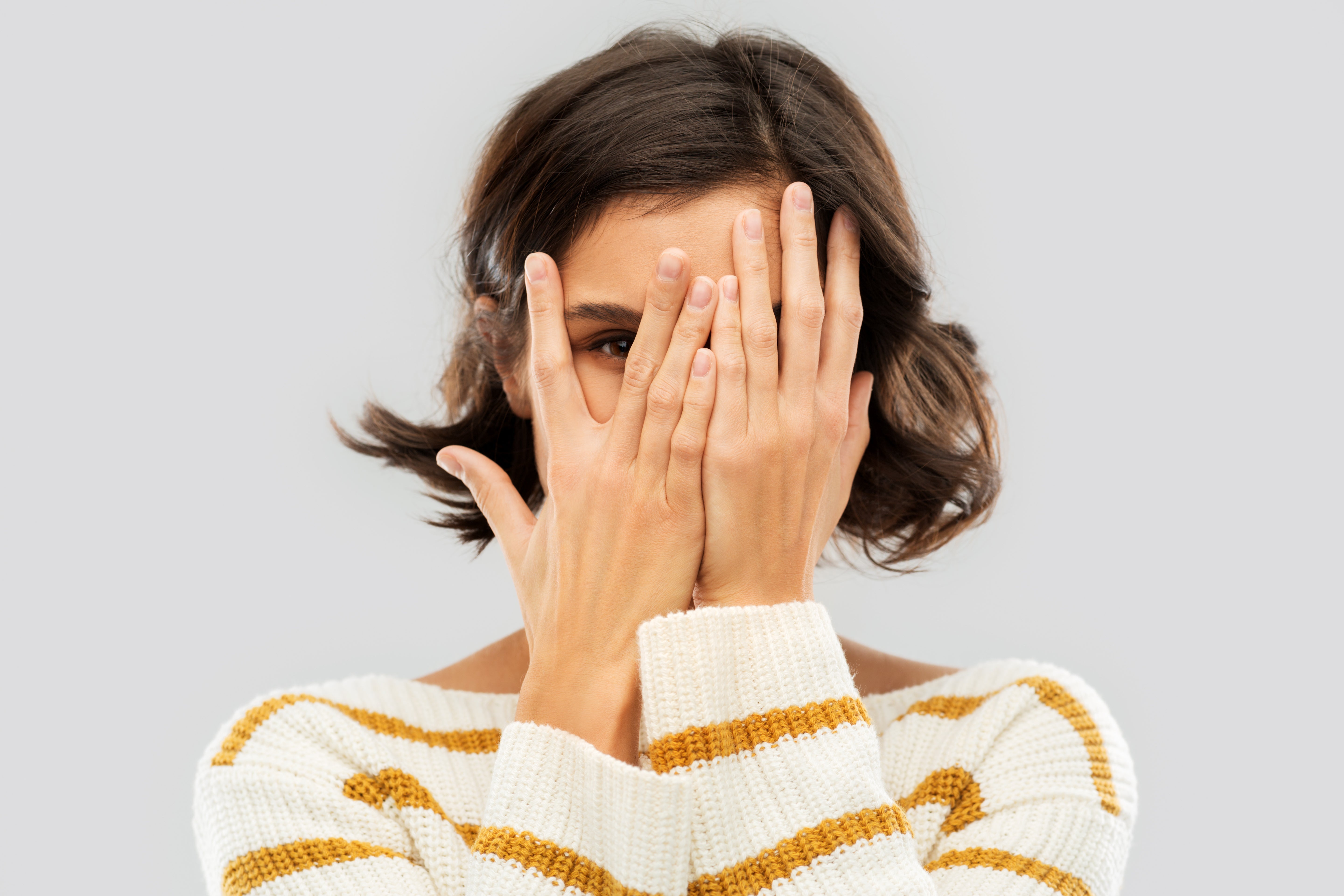Guys, let the millenials have the retinol.

Retinoids have been in the spotlight recently in association with the #sephorakids phenomenon whereby children as young as 10 have been going nuts in sephora stores buying up viral skincare products including retinols. This has led to numerous stories circulating the internet of pre-teens burning and irritating their skin so badly with these products that they have required medical intervention!
This is not the retinoids' fault, retinoids are actually legendary. As you will read below, they are one of few tried and tested skincare ingredients that have a significant evidence base for efficacy in treating skin concerns such as acne and aging. However here lies the issue – if you don’t have acneic or ageing skin, you probably shouldn’t be using a retinoid.
I see your indignance. That girl I follow on TikTok uses it, the packaging is so cute, Charlotte/Zara/Sienna’s mum bought it for her, it looks like it’s meant for me! You should be able to use whatever viral skincare product you want, right? Well sure, but before you do, let’s take a deeper dive into what retinoids are, how they work, and why, if you are under 25 with “normal” skin, you might want to steer clear – leave retinol for the Millennials!
Note – I’m not trying to influence you not to listen to the influencers. In the end, what you choose to buy and use is your decision, but make it an educated decision.
What is Retinol?
Retinol and its extended family of retinoids are derivatives of Vitamin A and are powerful skincare ingredients with a solid history in skincare as they are well-studied and have a strong evidence base. Vitamin A or Retinoic Acid is the purest form of retinoid and is what can bind the retinoic acid receptor in your skin. Retinoids are powerful antioxidants that help to neutralize free radicals, which can cause damage to the skin, and they are known for their ability to improve skin texture, reduce the appearance of fine lines and wrinkles, and promote collagen production.
How do Retinoids work their magic?
Different retinoids (more on this below) undergo a series of biochemical reactions within the skin with the ultimate aim of converting to pure vitamin A which can bind to its receptor. Once bound, vitamin A gets to work doing amazing things for your skin. It works to speed up cell turnover, which means that it helps to shed dead skin cells and promote the growth of new, healthy skin cells = brighter complexion. This process can also help to unclog pores, reduce acne breakouts, and improve overall skin tone and texture. Additionally (yes there’s more!), retinoids can stimulate collagen production, which can help to firm and plump the skin, reducing the appearance of wrinkles. So you see why she’s so popular.
Retinol sounds like the best skincare ingredient in the world! So....why shouldn't I use it?
I’m mainly talking to those under 25 here but there are reasons why retinoids aren’t for everyone, regardless of age. If your skin doesn’t like something, don’t try and force it, there are other ingredients and formulations that can improve signs of aging and cell turnover, without causing irritation, so go with them instead.
Back to the Gen Zers (and dare I say Gen alpha’s!). The skin is highly organised and smart, and youthful skin has abundant collagen, cell turnover is working at its peak. There is really no value in supplementing that, especially when it could make your skin irritated and give you all the side effects like dryness, redness, and peeling of the skin but without the benefits! The exception to this rule is of course, if you have severe or cystic acne and have consulted with a dermatologist or other health professional who has recommended you try a retinoid to treat this condition. If you fall into this category, it is likely your specialist will have you start with a low concentration of retinoids and gradually increase usage to allow the skin to adjust.
It is also crucial to use sunscreen when using retinoids, as they can increase the skin's sensitivity to UV. So if you haven’t introduced daily sunscreen into your routine, you have no business using a retinoid!
3 Reasons to keep retinoids out of your skincare routine until after 25 (apart from the fact that your youthful skin does not need to be treated for aging….):
Increased Sensitivity
Young skin tends to be more sensitive and delicate compared to mature skin. The use of retinol can cause excessive dryness, redness, and irritation, especially in individuals under the age of 25. The skin's natural barrier function is still developing during this period, making it more susceptible to damage. It is important to prioritize gentle skincare routines and avoid harsh ingredients like retinol.
Unnecessary Risk
Retinol is a potent ingredient that can cause adverse effects if not used properly. Young people generally do not have significant signs of aging, and therefore, using retinol as an anti-aging tool at a young age is unnecessary. The potential risks outweigh the benefits in this case. If you have chronic acne then book in to see your GP or dermatologist to follow correct processes for treatment.
For most young people, a skincare routine including regular cleansing, moisturizing, and sun protection is all that is required to maintain healthy, well-functioning skin.
Long-Term Effects
While retinol can provide short-term improvements in skin appearance, its long-term effects on young skin are not well-studied. The potential impact on collagen production, skin elasticity, and overall skin health in the long run is still uncertain. It is essential to prioritize the natural development and resilience of young skin rather – let your skin do its thing!
What are the different types of retinoids?
WARNING – it gets a bit science-y here….
If you are under the age of 25 and are now convinced that your skin probably doesn’t need a retinoid, the next challenge is being aware of what skincare products contain retinoids so you can avoid them! Often the term retinoid or retinol will be used in marketing of a product, as there are lots of great claims to be made with these ingredients as you’ve seen above. If it’s not that obvious, you can look at the ingredient list. There are a variety of retinoids included in skincare formulations that differ by how close they are to pure vitamin A. It is the pure vitamin A that your skin cells need to do all the marvellous things mentioned above. Different derivatives or precursors to vitamin A will go through a different number of steps within the cell to become vitamin A. This can then bind to the vitamin A receptors in your cells and affect the changes in your skin.
Generally speaking, the more steps required for the retinoid to become vitamin A, the gentler on your skin – but also more variables to factor in before becoming the active ingredient you want. That being said, there are constant advances in technologies that can deliver more potent retinoids in a gentler way which is really cool – for science and beauty 😊
Some commonly used retinoids you might see on skincare labels, from most gentle to hardcore include:
- Retinyl Esters i.e. Retinyl Palmitate, retinyl linoleate, retinyl acetate, and retinyl propionate. Takes 3 conversion steps to become vitamin A
- Retinol: This is the most common form of retinoid found in over-the-counter skincare products. It is converted into retinoic acid (vitamin A) by the skin in 2 steps
- Retinaldehyde (aka retinal): The most potent over the counter retinoid, this form of retinoid requires only 1 conversion step to become active.
- Tretinoin: Also known as retinoic acid/pure vitamin A, tretinoin is the most potent form of retinoid as it requires no conversion to bind the retinoic acid receptor. Pure vitamin A in topical form is available only by prescription and usually comes with side effects including dry skin, peeling and flaking and irritation.
- Isotretinoin: this is not a topical treatment but an oral form of vitamin A and you may be familiar with the trade name Accutane. This is prescription only and used to treat cystic acne when other options have failed
Conclusion
It is so easy to get sucked into fancy marketing, influencers raving about “must-have” products on social media – trust me, I do it too! But always need to remember that all things aren’t for all people and especially in cases like this where the wrong product on the wrong person can actually cause harm.
Retinoids are a powerful tool in skincare, offering a range of benefits for the skin – no doubt about this. From reducing the appearance of fine lines and wrinkles to improving skin texture and problem acne, retinoids can help achieve a healthier, more youthful complexion – when used appropriately. For young, “normal” skin, the potential risks, increased sensitivity, and lack of long-term research make retinoids an unnecessary and potentially harmful ingredient for young skin. Young skin is doing all the wonderful things aging skin is trying to get back by using ingredients like retinoids! The focus for young people when putting together a skincare routine should be supporting and maintaining healthy skin function by keeping skin clean, moisturised and protected from environmental nasties like UV.
If you have concerns about your skin, it is always best to consult with a GP or dermatologist who can provide personalized advice and recommendations.
References:
- Sorg, O., & Saurat, J. H. (2006). Topical retinoids in skin aging: a focused update with reference to sun-induced epidermal vitamin A deficiency. Dermatology, 212 Suppl 1, 89–95.
- Mukherjee, S., Date, A., Patravale, V., Korting, H. C., Roeder, A., & Weindl, G. (2006). Retinoids in the treatment of skin aging: an overview of clinical efficacy and safety. Clinical interventions in aging, 1(4), 327–348.
- Igneri, J (5 December 2021). The Ultimate Guide To Understanding The Hierarchy of Retinoids. https://skinwellness.com/learn/the-ultimate-guide-to-understanding-the-hierarchy-of-retinoids/ accessed 22 Feb 2024.
- Smith, A. et al. (2019). The effects of retinol on young skin: a comprehensive review. Journal of Dermatological Science, 45(2), 95-102.
- Johnson, B. et al. (2020). Retinol-induced skin sensitivity in young individuals. Journal of Cosmetic Dermatology, 18(3), 120-125.
- Lee, C. et al. (2018). The impact of retinol on collagen synthesis in young skin. Journal of Investigative Dermatology, 136(9), S123.
- Smith, J. (2020). The science behind retinol. Journal of Dermatology, 45(2), 123-129.
- Fluhr, J. W., & Degitz, K. (2014). Retinoids. In Dermatology and Dermatological Therapy of Pigmented Skins (pp. 25-29). Springer, Berlin, Heidelberg.
- Sorg, O., & Saurat, J. H. (2008). Topical retinoids in skin ageing: a focused update with reference to sun-induced epidermal vitamin A deficiency. Dermatology, 217(4), 327-334.
- Kang, S., Duell, E. A., Fisher, G. J., Datta, S., Wang, Z. Q., Reddy, A. P., ... & Voorhees, J. J. (1995). Application of retinol to human skin in vivo induces epidermal hyperplasia and cellular retinoid binding proteins characteristic of retinoic acid but without measurable retinoic acid levels or irritation. Journal of Investigative Dermatology, 105(4), 549-556.
- Johnson, A. (2018). Retinol: A comprehensive review. International Journal of Cosmetic Science, 40(2), 123-135.
- Lee, S. (2019). The effects of retinol on skin aging. Journal of Cosmetic Dermatology, 18(3), 218-223



